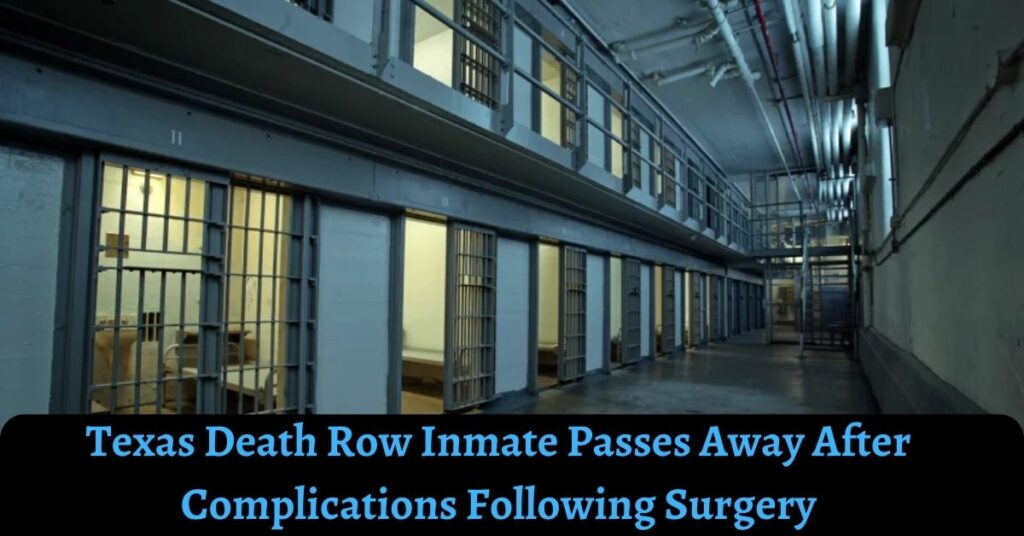A representative for the state prison system announced on Thursday that a man who had spent nearly 30 years on Texas’ execution row after being found guilty of killing his girlfriend and her two sons had passed away from natural causes.
According to Robert Hurst, a representative for the Texas Department of Criminal Justice, Henry “Hank” Skinner, 60, passed away on Thursday afternoon at a hospital in Galveston.
Attorneys for Skinner said in a statement that the man passed away as a result of complications from a brain tumor removal procedure in December.
Skinner Was Supposed To Be Put To Death For His Crime
On September 13, Skinner was supposed to be put to death. For the 1993 New Year’s Eve deaths of Twila Jean Busby, 40, and her sons, Randy Busby, 20, and Elwin Caler, 22, Skinner was found guilty of capital murder. In the Texas Panhandle town of Pampa, which is northeast of Amarillo, they were discovered dead inside their house.
According to the prosecution, Skinner killed Twila Busby with an ax handle before stabbing her two mentally challenged boys to death.
For a long time, Skinner insisted on his innocence. He said that when they died, he was unconscious from a combination of booze and codeine and was lying on a couch. Robert Donnell, Twila Busby’s now-deceased uncle, was named as a potential suspect by Skinner and his counsel.
His lawyers expressed their regret that he died before the proceedings were finished, saying that Mr. Skinner was still contesting his conviction at the time of his death.
Authorities claimed that Randy Busby’s bedroom contained traces of Skinner’s DNA and that his DNA also matched blood stains found throughout the residence where the murders were committed.
When Skinner was about to be executed in March 2010, the U.S. Supreme Court granted him a stay so he could pursue DNA testing of untested objects from the crime scene.
At the time of Skinner’s trial, this material was not put to the test because Skinner’s attorney believed the results would be more detrimental to his client’s defense.
Since then, I’ve been framed, Skinner said to The Associated Press in 2010. They are about to execute me for an offense I didn’t commit.
Tests on the extra evidence were conducted. His defense had argued that if the jury had received testimony regarding this additional evidence, it was “reasonably probable” that he would have been exonerated of the murders based on the results of the tests. Most of the DNA evidence, according to the prosecution, implicated Skinner.
A court determined in 2014 that Skinner would have most likely been found guilty even if the extra DNA evidence had been presented at his trial.
The judge’s decision was upheld by the Texas Court of Criminal Appeals in October.
Read More:

